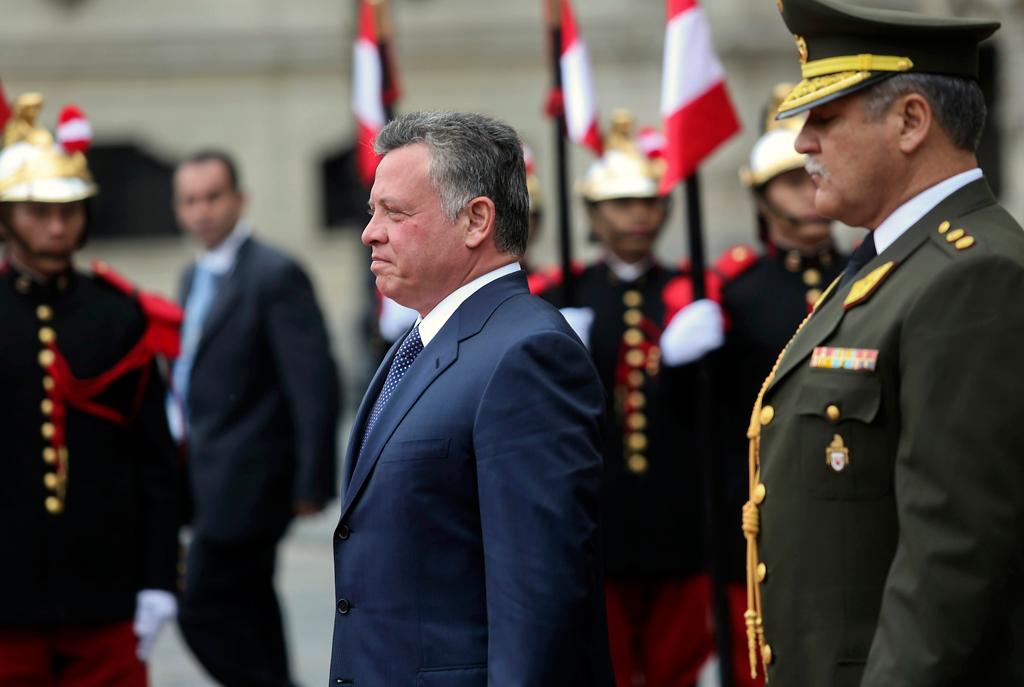Jordan king says Syria ‘past the point’ of allowing Assad to rule: Report
King Abdullah II of Jordan dissolved parliament and called for early elections on October 4, 2012.
Jordan's King Abdullah II told the Associated Press Syrian President Bashar al-Assad's regime will fall, saying there's been "too much destruction, too much blood" spilled for Assad to survive.
"The key question is whether Syria will plunge into chaos or there will be a transition, and what kind of transition," he told AP in an interview on Wednesday.
"The most worrying factors in the Syrian conflict are the issues of chemical weapons, the steady flow or sudden surge in refugees and a jihadist state emerging out of the conflict," he said, addressing growing concerns over the possible use of chemical weapons in Syria.
More from GlobalPost: Chemical weapons used in Syria: Sources
If confirmed, chemical weapon activity in Syria would further cripple a country already laid bare by two years of brutal warfare, with 70,000 estimated dead. The Syrian conflict began as a peaceful uprising against Assad but devolved into a sectarian war that prompted hundreds of thousands flee either homes — some 500,000 of them taking refuge in Jordan, according to AP.
Syrian refugees now account for nine percent of the population in Jordan, according to the report, but Jordan's leader said even though the crisis strains state resources, he would never think of responding militarily.
"I am totally against sending Jordanian troops inside Syria and this has always been Jordanian policy. I am also against any foreign military intervention in Syria," the king, a staunch ally of the US, told AP.
"Another extremely dangerous scenario is the fragmentation of Syria, which would trigger sectarian conflicts across the region for generations to come," warned the king. "And also the huge risk that Syria could become a regional base for extremist and terrorist groups, which we are already seeing establishing firm footholds in some areas."
"All these are extremely dangerous threats. I have been warning against them all, especially the chemical weapons threat, since the beginning of the crisis," he told AP.
Unmentioned was a threat even closer to home — calls for the Jordanian monarch's own overthrow. Anti-government demonstrations in Amman drew several thousand people in November and resulted in the arrest of a number of activists, a move condemned by Amnesty International as a violation of the freedom of speech.
Hundreds of Islamists rallied to demand key political reforms in a demonstration just last month, according to Reuters.
The king did not address anti-government activity in Jordan in the remarks published by AP, available in fullhere.
Every day, reporters and producers at The World are hard at work bringing you human-centered news from across the globe. But we can’t do it without you. We need your support to ensure we can continue this work for another year.
Make a gift today, and you’ll help us unlock a matching gift of $67,000!
